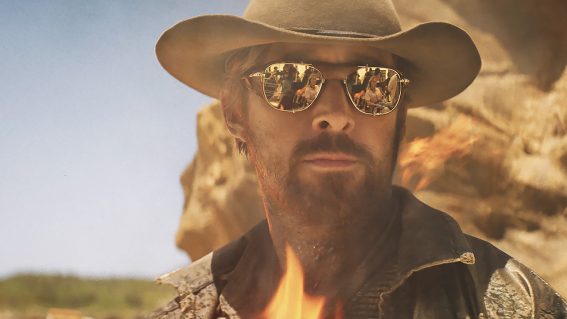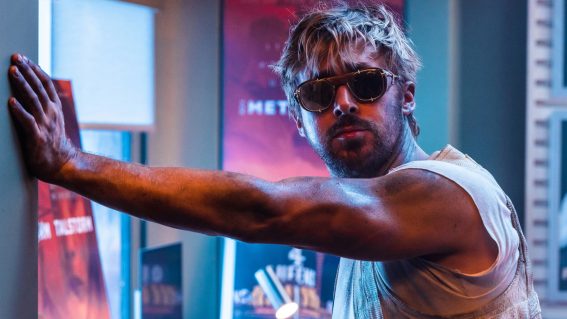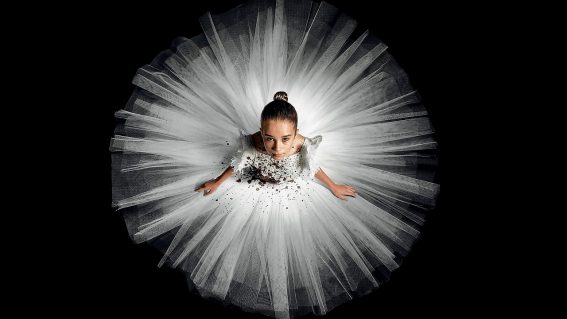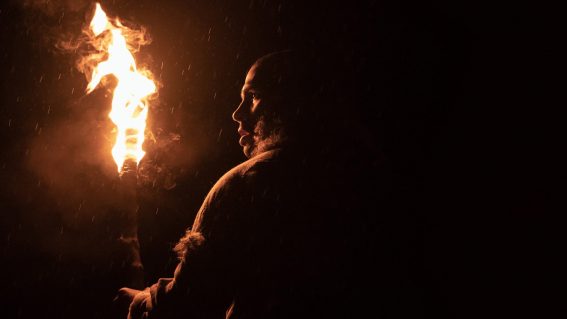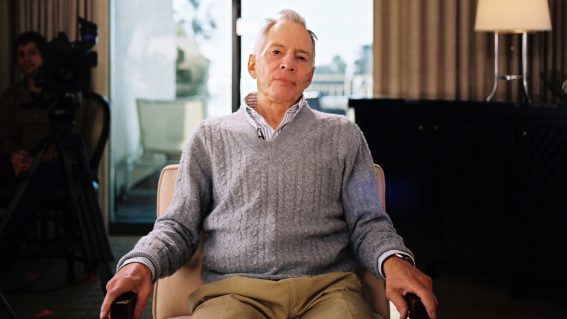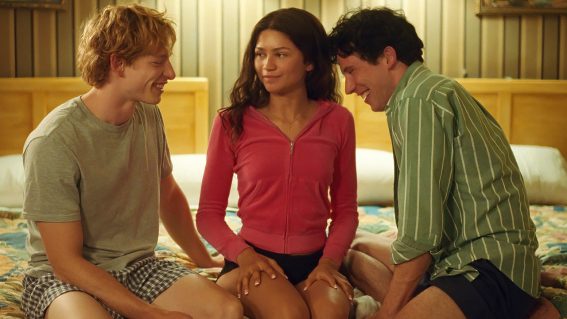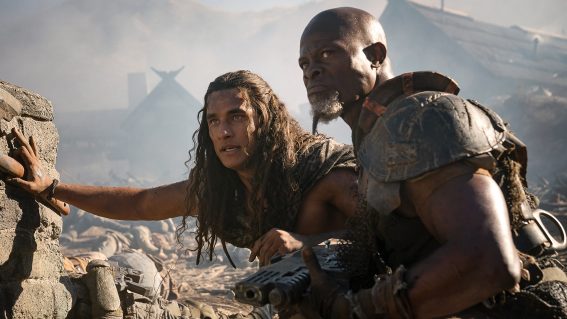Chadwick Boseman gets a genuinely beautiful tribute in Black Panther: Wakanda Forever
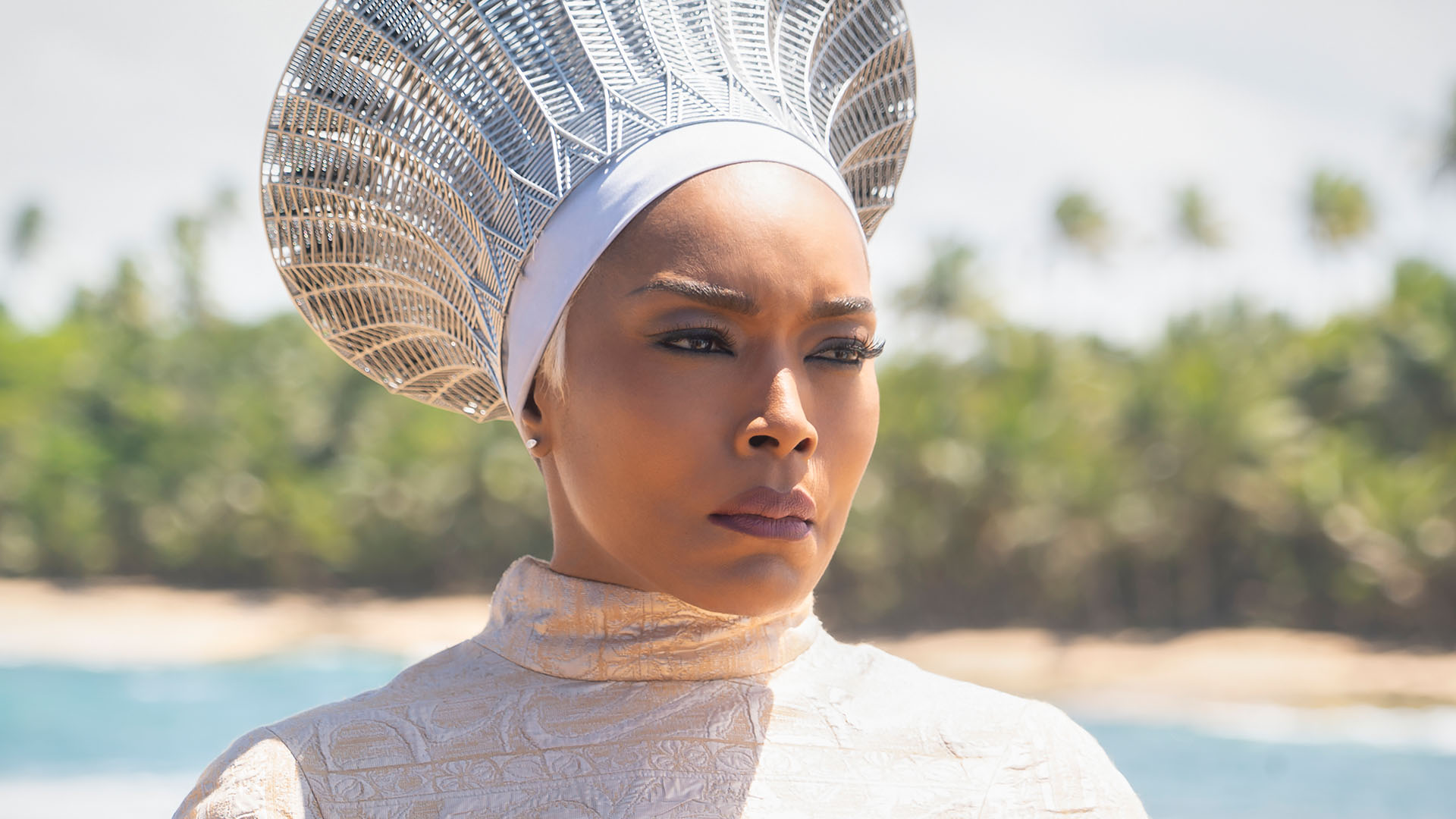
Ryan Coogler returns to direct this Black Panther sequel, set in the wake of King T’Challa’s death—reflecting the tragic passing of actor Chadwick Boseman. It’s a moving and sensitive farewell, says Daniel Rutledge.
Black Panther: Wakanda Forever
The second Black Panther film pulls off a number of difficult challenges that seemed like they’d set it up to fail. Doing a sequel without the lead actor and title character of the original is very tough, as is navigating how to appropriately say goodbye to them in the film. On top of that, this is the sequel to one of the most successful films of all time—coming out at a time when many fans are hoping it rescues the Marvel Cinematic Universe from the creatively worst period it’s ever been in. Somehow, writer/director Ryan Coogler pulls all that off and delivers a highly entertaining movie in the process, even if it’s not quite as good as the first.
How this pays tribute to Chadwick Boseman is the most moving and sensitive use of a Hollywood blockbuster as a vehicle to farewell an actor since Paul Walker’s unforgettable send-off in Fast & Furious 7. It’s cool that even a behemoth corporate beast like Disney allowed the film to break the MCU’s norms to honour Boseman in the way it does. It’s genuinely beautiful.
But Boseman’s absence is one of the bigger problems in the film. He was just such a charismatic lead and there’s no one who truly replaces him in the sequel. This may have been done intentionally out of respect, but it ultimately makes for a less compelling movie. Aside from the villains, there are almost no new characters introduced in Wakanda Forever with Ramonda, Shuri, M’Baku and Nakia stepping into more central roles to collectively fill in the void left by T’Challa.
But the film is not all about passing the torch to the new Black Panther and farewelling Boseman. A lot of what made the first movie so beloved is thankfully present again, including a complicated and sympathetic set of bad guys in the Talokan. An early sequence introduces them as they carry out an assault on a US naval operation and is superbly done. It’s fantastically layered with suspense and even dread, borrowing from the horror genre in a way I really enjoyed and hammering home loud and clear what a ruthless and potent danger this new race is. Their leader, Namor / K’uk’ulkan, is far from the coolest supervillain we’ve seen with his silly winged feet, but as an army the Talokan are awesomely fearsome and look super cool.
It’s also a lot of fun to see Talokan and Wakandans in combat, which comprises almost all of the action scenes. They’re similarly matched forces whose powers aren’t so extreme that it’s all just a mishmash of CGI wizard battles, as many recent comic book movies have been. That each side is based on actual Earth cultures whom we’ve rarely, if ever, seen wage war against each other on film also gives it all a delicious and unique flavour that makes it stand out comfortably from any other superhero movie, even if much of the choreography and combat direction isn’t so remarkable itself.
It doesn’t all work, but this film gets off to a cracking start, delivers a great climactic battle and a hefty emotional payoff in the Wakanda vs Talokan narrative’s conclusion, passes the Black Panther torch well and farewells Boseman beautifully. It’s undoubtedly a success and an unlikely one at that, in many ways. Beyond admiring how it achieved what it did and looking at it purely as a piece of superhero entertainment, it’s the best MCU film since Avengers: Endgame, but not quite one of the franchise’s very best.





